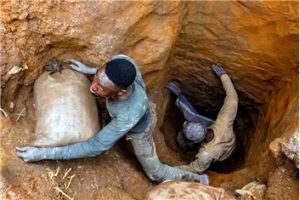After The Party
 Yesterday evening I was guest at a birthday celebration for our grandson. Family members gathered to express our joy on the occasion of his turning 7 years old. The event was glorious. Of course gifts were given, enough toys to afford hours of pleasure and learning. Thoughtful aunts gave him clothes too. Our family is fortunate, lucky to have enough of what we need. The basics are provided for as well as enough of the luxuries.
Yesterday evening I was guest at a birthday celebration for our grandson. Family members gathered to express our joy on the occasion of his turning 7 years old. The event was glorious. Of course gifts were given, enough toys to afford hours of pleasure and learning. Thoughtful aunts gave him clothes too. Our family is fortunate, lucky to have enough of what we need. The basics are provided for as well as enough of the luxuries.
Early this morning I awakened from a dream. The dream caused me to feel sadness. I dreamed of the “old days.” The past is old not only on account of memory, but because change means those remembered ways-of-life are left behind. Change is the baseline of existence. Change is the carrier-wave. The first thing that must be said about the “meaning of life” has to be something about the challenge that change entails. Learn and live, – is the rule. We have to adapt, to fine a niche for ourselves, in a new social and environmental context. What we thought we knew a few years ago is no longer relevant. I hate that. I resist the hard constraints of change. I feel the friction of a new present.
“What manner of world will I leave to my grandson?” The second related question, “What is to be done now to prepare him to thrive, to become fully human, in the world that my generation will bequeath to him?” The hand-off is approaching. Will he learn the lesson that change is the given? Will he understand that he is duty bound to influence the arc of change toward a better world?
These words written by Byung-chul Han in 2019 prompted me to revisit and read in full a recent New York Times article about the mining of cobalt in the Congo.

The rare-earth minerals used in our much-loved smart phones, tablets and gaming consoles are mined under wretched working conditions. In this exploitative production, which takes place mainly in China, all industrial countries nevertheless have a hand. The wealth of the West rests on the misery of others, an asymmetry that is constitutive of global capitalism. Violence and injustice are immanent in the system. An equitable distribution of global wealth would contradict the logic of capital.
— Excerpt, Capitalism and the Death Drive, Where do the refugees come from? By Byung-chul Han trans. by Daniel Steuer p. 54 published 2019
If you wish to read what the New York Times wrote about cobalt mining in Congo, CLICK HERE.